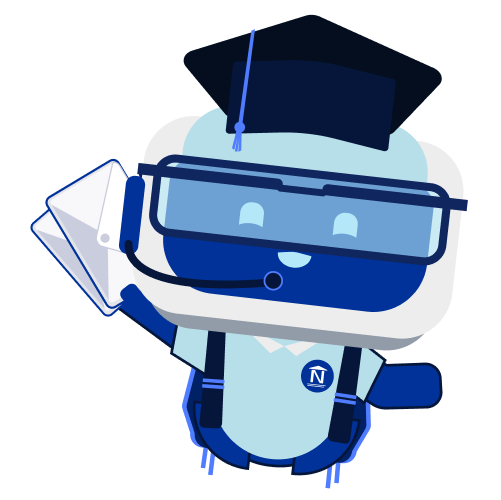We depend on electronic devices, such as computers and mobile phones, computer software and networks to store, process, transmit, retrieve and manipulate information.
Students will cover the technology used in these devices and will focus on the development of the software applications that make these devices useful.
The programme has a flexible course structure, where students can choose to study a range of Next-Generation Technology areas including: Digital Media and Games, Enterprise Informatics, Energy Informatics, Computational Mathematics, Scientific Computing and Medical/ Bio-informatics.
These core subjects provide a solid theoretical and applied background in Computer Science and Information Technology.
Further Education
Graduates can pursue postgraduate study as Masters or PhD students. Directly after their undergraduate courses, students can earn a Master of Science (MSc) Degree, which involves either course work with a minor thesis, or research work with a major thesis, or students can enter a PhD programme.
Work Placement
As part of this four-year course, students will undertake an eight month (January - August) off-campus work placement in an industrial setting following completion of their third year of study. In the event that no external placement is available, students will be given projects on campus. This work experience programme gives students an opportunity to work on projects relevant to their study and significantly improves their chances of obtaining employment after graduation.
Career Opportunities
Graduates of the BSc in Computer Science & Information Technology are highly skilled and are equipped to take on employment as professional engineers, designers and consultants in a range of organisations, specialising in areas such as software design and development, digital media and games, IT consultancy, telecommunications and medical informatics. Career prospects for IT/computing graduates are very strong in Ireland and throughout the world. The government’s Expert Group on Future Skill Needs has highlighted a shortfall in the number of IT/computing graduates as the number of students studying IT/computing is not adequate to meet the demands in virtually every sector.
Bachelor of Science (Honours) Computer Science and Information Technology
About Program
Syarat Pendaftaran
- English Language Proficiency
- TOEFL : 88 (no less than 21 in writing and at least 19 in every other section)
- IELTS : 6.5 (over all components and a minimum of 6.0 in each)
- PTE Academic : 61
- Duolingo English : 110 (score of 5.0 permittedin one component only and minimum of 5.5 in all other bands)
- Academic Score/Qualifications
- High School (Certificate of Graduation from Academic/Islamic Secondary School) PLUS competitive grades in year 1 at Bachelor degree level)
Documents
Jenjang Pendidikan
Bachelor Degree (S1)
Jurusan
Computer and Engineering
Masa Studi
Full Time (4 years)
Biaya Pendidikan
EUR 24,040/tahun
| Intake | Batas pendaftaran |
|---|---|
| Jun | 04 Sep |
Profil
Although based in one of the smaller university cities in the world, University of Galway has a far-reaching reputation for excellence in research and its study programmes.
University of Galway has more than 60 different undergraduate courses plus a wide range of postgraduate opportunities and part-time evening courses. The five main colleges offer a diverse selection of study programmes and many are involved in global research projects.
International students are welcome at University of Galway. The application process is simple and easy to navigate with an overview of specific qualification requirements by country, making it clear to applicants what they need to achieve to be accepted. The International Office helps students feel at home and integrate into university life, supporting them through their studies.
A charming and cultural city, Galway is based on the beautiful coastline of western Ireland, packed with independent shops and cafes. Tradition is balanced with contemporary convenience and even the most modern coffee shops or bistros have an interesting history.
Keunggulan
University of Galway has built a fine reputation dating back to 1845 when it first opened its doors to a student cohort of just 68. Today it welcomes more than 18,000 students and is one of the top 300 universities worldwide (QS World University Rankings 2022). University of Galway was awarded Irish University of the Year 2022 (Sunday Times Good University Guide).
Galway ranks as one of the top 5 cities in the world (Lonely Planet 2020) and its often thought of as one of the friendliest cities by major publications including Travel + Leisure magazine and Conde Nast Traveller. Galway’s unique charm and spirit makes it an exciting and welcoming place for international students.












